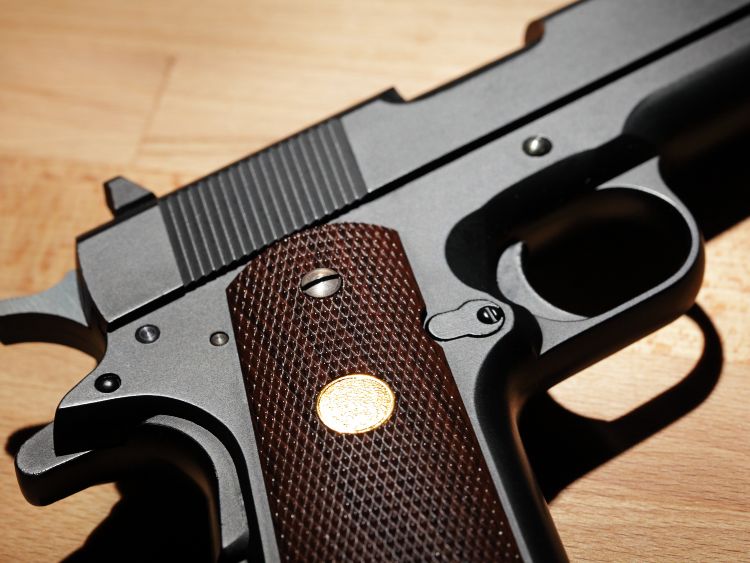In today’s world, personal safety is a paramount concern for many. Choosing the right pistol for self-defense is a critical decision that requires careful consideration of various factors. Here we will discuss the process, ensuring that your choice not only enhances your safety but also aligns with your comfort and legal requirements.
- Understanding Your Needs:
The first step in selecting a self-defense pistol is to understand your specific needs. Consider the primary use – home defense, concealed carry, or both. Home defense may allow for a larger, more powerful firearm, while concealed carry requires something compact and easy to conceal.
- Caliber Considerations:
One of the most debated topics in firearm selection is the caliber. Common calibers for self-defense include .380 ACP, 9mm, .40 S&W, and .45 ACP. The 9mm is a popular choice due to its balance of recoil, magazine capacity, and stopping power. However, the best caliber is one that you can shoot accurately and confidently. It’s advisable to test different calibers at a shooting range before making a decision.
- Size and Comfort:
The size of the pistol is crucial, especially for those who plan to carry it regularly. A smaller, more compact model like the GLOCK G26 is easier to conceal but may have more recoil and a smaller magazine capacity. Conversely, larger pistols are easier to shoot but harder to conceal. Ergonomics also play a vital role – the pistol should fit comfortably in your hand.
- Reliability and Maintenance:
Reliability cannot be overstated when it comes to self-defense pistols. Choose a model known for its dependability under various conditions. Additionally, consider the maintenance requirements. A firearm that is easy to clean and maintain is preferable, especially for those new to gun ownership.
- Safety Features:
Safety features are a personal preference but are vital for preventing accidental discharges. Some pistols come with manual safeties, while others rely on passive safety mechanisms. Understand how each safety feature works and decide what you are comfortable with.
- Budget and Additional Costs:
Your budget plays a significant role in your choice. Remember, the cost of the pistol is just the beginning. Consider additional expenses such as ammunition, holsters, safe storage solutions, and training courses.
- Legal Considerations:
Before purchasing a pistol, familiarize yourself with the local and state laws regarding firearm ownership and concealed carry permits. Compliance with these laws is non-negotiable.
- Training and Practice:
Owning a pistol for self-defense requires commitment to regular training and practice. Proficiency in handling, shooting, and maintaining your firearm is crucial. Consider enrolling in self-defense shooting courses to enhance your skills.
- Brand and Reviews:
Research different brands and read reviews from other users. Brands like Glock, Sig Sauer, Smith & Wesson, and Beretta are renowned for their quality and reliability. User reviews can provide insights into the real-world performance of the pistol.
- Personalization and Accessories:
Finally, consider the potential for personalization. Accessories like sights, grips, and lights can enhance the functionality of your pistol. However, ensure that any modifications do not compromise the reliability or legality of the firearm.
Conclusion:
Choosing the right pistol for self-defense is a decision that should not be taken lightly. It requires a balance of practicality, comfort, reliability, and legality. By carefully considering your needs, testing different options, and committing to ongoing training, you can select a firearm that provides peace of mind and effective protection. Remember, a responsible gun owner is always learning and practicing to ensure their safety and the safety of those around them.

